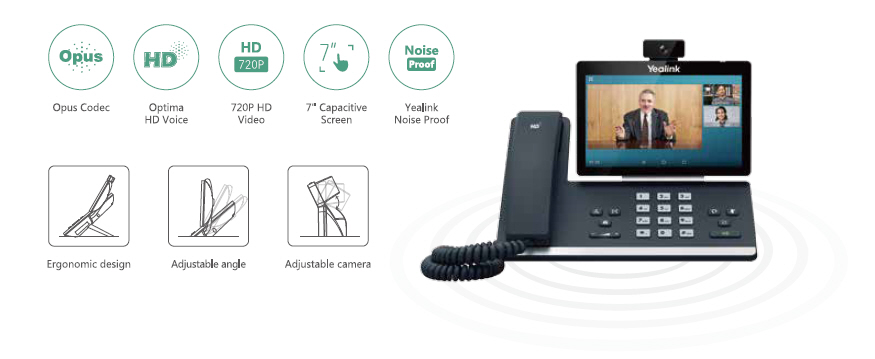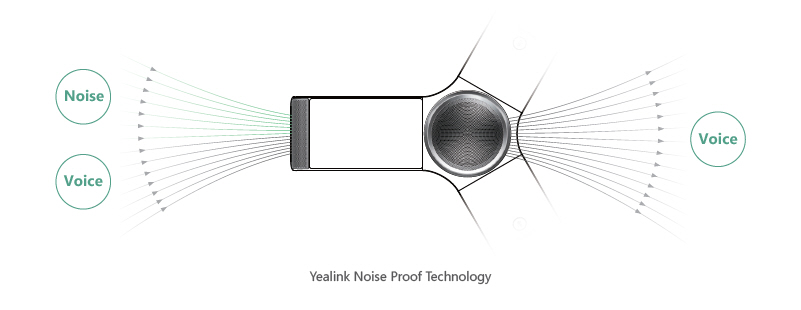Introduction
In the fast-paced world of real estate, effective communication is paramount. Whether closing deals, coordinating viewings, or engaging with clients, having a reliable phone system can significantly impact an agent's success. With the advent of technology, agents are often faced with the choice between traditional phone services and Voice over Internet Protocol (VoIP) solutions. This article will delve deep into VoIP vs Traditional Phones: What’s Best for Real Estate Agents?, examining their features, benefits, drawbacks, and ultimately which service reigns supreme in the realm of real estate.
Understanding VoIP Phone Service
What Is VoIP?
Voice over Internet Protocol (VoIP) is a technology that enables voice communication and multimedia sessions over the Internet. Unlike traditional telephone systems that rely on circuit-switched networks, VoIP converts voice into digital packets and transmits them over IP networks.
How Does VoIP Work?
VoIP operates by breaking down audio signals into data packets, transmitting these packets through the internet, and then converting them back into audio at the receiving end. This process allows for voice calls to be made using broadband internet connections rather than conventional telephone lines.
Key Features of VoIP Phone Service
- Cost-Effectiveness: Typically cheaper than traditional phone services. Scalability: Easier to expand or reduce as your business needs change. Advanced Features: Includes voicemail-to-email, call forwarding, video conferencing, and more.
VoIP vs Traditional Phones: A Quick Comparison Table
| Feature | VoIP Phone Service | Traditional Phones | |--------------------------|--------------------------------|------------------------------| | Cost | Generally lower | Often higher | | Call Quality | Depends on internet speed | Consistent | | Mobility | Use anywhere with internet | Limited to physical location | | Scalability | Easily scalable | Difficult to expand | | Features | Advanced features available | VoIP Oregon Basic features |
The Old Guard: Understanding Traditional Phone Systems
What Are Traditional Phones?
Traditional phones typically refer to landline telephone systems that transmit voice calls through copper wires using analog signals.
How Do Traditional Phones Work?
Traditional telephony relies on Public Switched Telephone Network (PSTN), where calls are routed through dedicated lines. When you pick up a receiver, a circuit is created through which your voice travels directly to the recipient.
Advantages of Traditional Phone Systems
- Reliability: Less dependent on internet connectivity. Simplicity: Easy to set up without requiring technical know-how. Clear Calls: Generally provides consistent call quality under normal conditions.
Disadvantages of Traditional Phone Systems
- Higher Costs: Monthly bills can add up quickly. Limited Features: Lacks many modern functionalities offered by VoIP. Difficult Scalability: Expanding service can be cumbersome and costly.
VoIP vs Traditional Phones: The Real Estate Agent Perspective
Why Communication Matters in Real Estate?
For real estate agents, every conversation counts. Whether it's negotiating offers or following up with potential buyers, effective communication can make or break a deal. Thus, choosing the right phone system is crucial.

Benefits of Using VoIP for Real Estate Agents
1. Cost Efficiency
Real estate agents often work independently or as part of small teams; therefore, minimizing operational costs is vital. VoIP systems generally offer lower rates for local and international calls compared to traditional phone services.
2. Flexibility and Mobility
Imagine being able to take client calls while on-the-go—at a property showing or during an open house! With a VoIP system and mobile app integration, agents can stay connected wherever they are.
3. Enhanced Features
From video conferencing capabilities to integrating customer relationship management (CRM) tools—VoIP offers features tailored specifically for real estate professionals aiming for efficiency and improved customer interaction.
4. Scalability
As an agent grows their business or even expands their team, scaling up operations with a VoIP system is seamless—no need for additional hardware installation or complicated setups.
Challenges Faced with VoIP Services in Real Estate
While there are numerous benefits associated with using a VoIP phone service in real estate transactions, it’s essential to consider potential challenges as well:
Dependence on Internet Connectivity- If your internet goes down, so does your phone service.
- Some agents may find it challenging to adapt initially as they transition from traditional systems.
- Poor internet bandwidth can lead to dropped calls or poor audio quality.
Making the Switch: How To Transition from Traditional Phones to VoIP?
Transitioning from traditional phones to a VoIP system doesn’t have to be overwhelming; here's how you can make it happen smoothly:
1. Assess Your Needs
Before making any changes:
- Determine how many users will need access List out essential features required for your daily operations Consider future growth plans
2. Research Providers
Not all providers are created equal! Compare pricing structures, features offered, customer support reputation, etc., before settling on one option.
3. Test Your Internet Connection
Ensure your existing network can handle additional load due to increased data usage from voice calls without sacrificing quality elsewhere.
4. Set Up & Train Staff
Implementing new technology means training staff members unfamiliar with how it works—consider conducting workshops!
Cost Analysis Between VoIP and Traditional Phones for Real Estate Agents
When evaluating whether to opt for a VoIP solution versus traditional telephony services as an agent working in real estate:
| Expense Type | VoIP Phone Service | Traditional Phones | |-------------------------|--------------------------------|------------------------------| | Initial Setup Cost | Lower | Higher | | Monthly Fees | Typically lower | Higher | | Additional Features Cost | Often included | Charged separately |
FAQs About VoIP vs Traditional Phones
FAQ 1: Is VoIP really more cost-effective?
Absolutely! Most businesses find significant savings when they switch from traditional landlines due mainly because long-distance calls often come free with many plans offered by providers today.
FAQ 2: Can I use my existing number with a new VoIP service?
Yes! Many providers offer number porting options allowing you retain your existing number seamlessly during transition periods without losing valuable contacts!
FAQ 3: What happens if my internet goes down?
With standard setups provided by most companies nowadays—many allow clients access via cellular networks instead!

FAQ 4: Are there security risks associated with using a Voip service?
Like any digital platform—there could be risks involved; however reputable providers implement robust encryption protocols designed specifically protect user data against breaches!
FAQ 5: Can I use my smartphone as part of this system?
Sure thing! Most modern-day apps enable users send/receive messages/calls through their smartphones while utilizing company resources effectively!

FAQ 6 : Is installation difficult?
Not at all! Most installations require little more than connecting devices onto existing routers—and guides provided by vendors simplify processes greatly!
Conclusion
In summary—the decision between choosing either option boils down largely personal preference influenced heavily individual business needs/goals within scope real-estate industry overall! While both solutions have unique advantages/disadvantages relevant each scenario—it's clear that leveraging technology opens doors previously thought impossible within such competitive landscapes!
To reiterate key points discussed throughout article; opting towards adopting advanced technologies like those found within realm Voice-over-IP solutions yields significant returns investment valuable time/cost savings ultimately leading improved outcomes overall satisfaction clientele base maintained throughout journeys undertaken across various transactions handled daily basis!